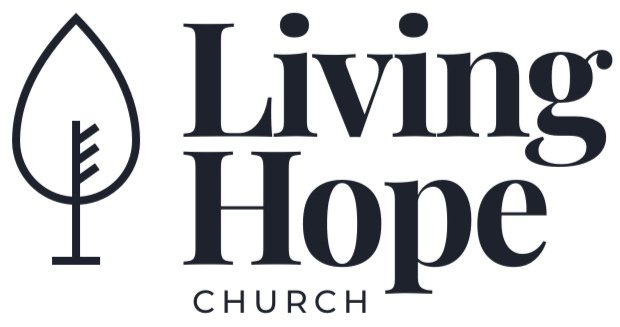Day 25
The dialogue in Job continues. We find Eliphaz rehashing the same argument that has been stated over and over - Job must secretly be wicked and his wickedness has been exposed because the righteous do not suffer (this is his understanding of suffering). His basic advice is this: “Get your act together and all will be good.” It’s a basically tit-for-tat type of theology; that God rewards only the good. There is no real sense of grace or mercy in this line of thinking.
Job responds a bit differently in chapter 23. He doesn’t focus on the same idea, but instead is wondering where God is. He charges him with being inaccessible. He still desires to lay out his case before the Lord (23:4). He believes that if he gained a hearing the Lord would listen (23:6). He is still convinced of his innocence, but at the same time he is still holding fast to his belief in the sovereignty of God (23:14). Again, for Job, the evidence of his life is that the righteous can surely suffer and the wicked can prosper. It doesn’t seem fair or right.
This is where it is critical for us to know more of Scripture and to know the end where all things will be made right. There will be a final day of justice. The wicked will not be left in their pleasures, but they will face judgment. And the righteous - those who by faith trust in the Lord - will be acquitted and will be with the Lord for all eternity. I love that the Bible does not shy away from the difficulties in this life and is not afraid to tackle the hard questions that we all ask at some time or another.
What is it that comforts you when you find yourself suffering but the wicked prospering?
